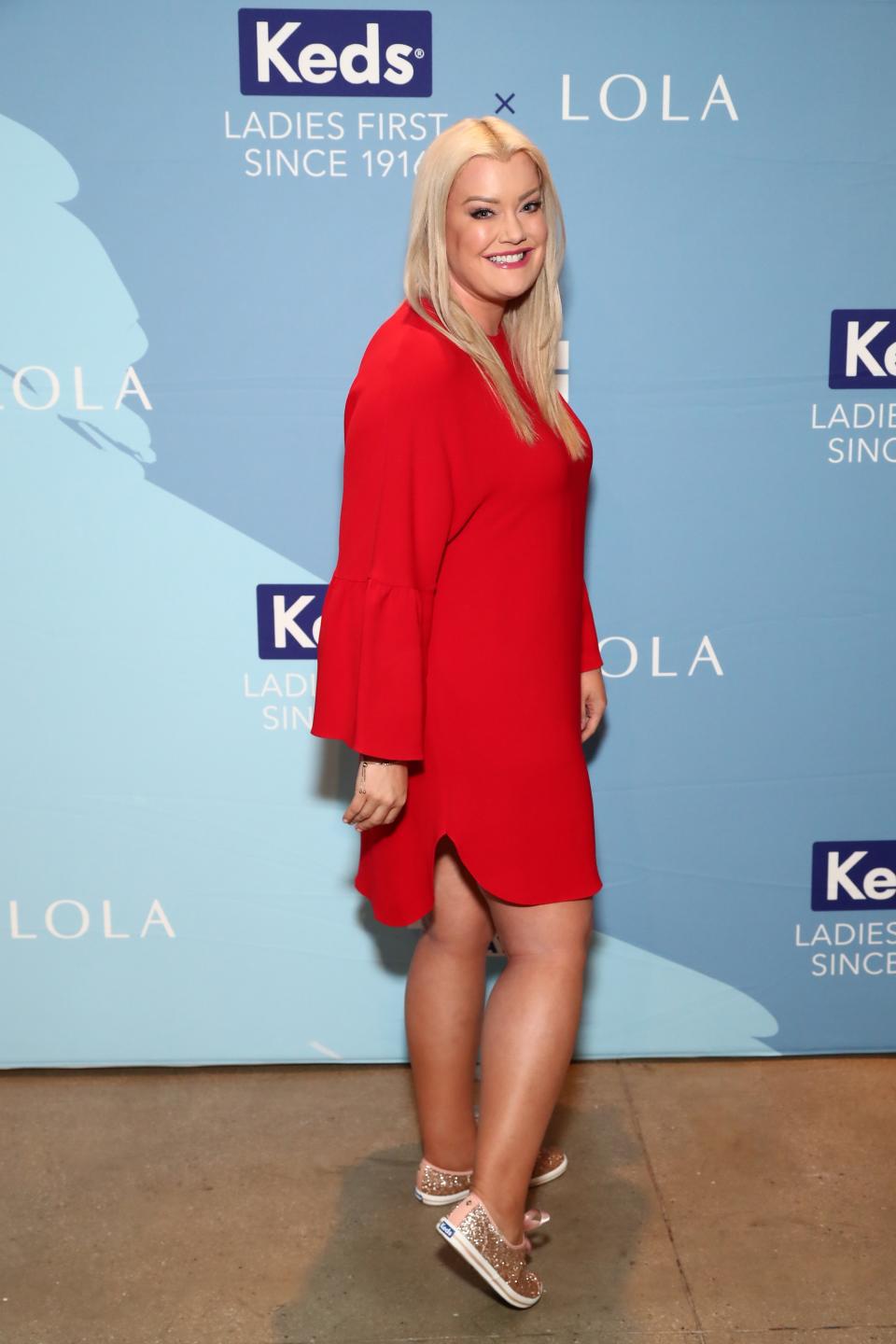An investor said this CEO was too overweight to sell cosmetics. Now she runs a billion-dollar company.
It may seem pretty rare for the underdog to actually win these days, particularly in hypercompetitive and multi-billion-dollar businesses like beauty and cosmetics. There are some significant and global players in this industry, so it’s not often that the common and the everyday is not only feted but ends up ahead of the game. But that’s exactly what happened for Jamie Kern Lima, co-founder and CEO of IT Cosmetics.

Lima was recently honored at the annual Cosmetic Executive Women (CEW) Achiever Awards, so Lima is no stranger to positive publicity and coverage in the beauty media, particularly since selling the company she started in her living room to L’Oreal for $1.2 billion in 2016. Yet the story she told in front of a room full of her peers was one that powerfully illustrated just how tough it was for her to build the company into the powerhouse it is today.
The most compelling example of IT Cosmetics’ struggle for a slice of the luxe beauty industry came in the form of Lima’s efforts to raise capital in the early stages of the company. She told the crowd at the awards ceremony about meeting with a potential investor. It was a “defining moment,” she recounted.
The investor decided to pass on helping fund IT, and when Lima asked why, the investor told her: “I’m just not sure women will buy makeup from someone who looks like you, you know, with your body and your weight.”
Rather than giving in to the sting of defeat that came with these remarks, Lima found inspiration and a sense of mission. “I felt something deep down inside,” she recalled. “And it said, ’No. You are wrong.’” She decided not only to keep on, but to make it a mission to prove just how wrong that executive and others who shared such shortsighted so-called insight truly were.
Lima knew from her own personal experience that the beauty and cosmetics world was ready for change. She was once a successful TV news anchor and suffered from rosacea and hyperpigmentation. She started her company because she needed products that helped her with her issues and she knew there were other women who felt the same.
From that point on, Lima found strategic opportunities to prove that women were ready to buy products from a company that marketed to them with faces and bodies that looked just like them, solving problems that real women suffer every day — not aspirational or unattainable visions of perfection.
IT Cosmetics’ game-changing moment came when they secured an opportunity to sell their products on QVC and Lima decided to feature models that broke the mold of what was considered standard — including a 73-year-old woman and an African-American model with acne — despite receiving plenty of advice from experts to the contrary. The products sold out on that QVC debut and the rest, as they say, is history.
“You see now, seven years later, almost all makeup brands showing real women in before-and-afters,” Lima boasts — a testament to her mission to represent true images of women while still creating a successful business.
Lima’s speech only underlined how much IT Cosmetics’ story has become a rallying cry for women who buy the products.
“Jamie, I’ve never been inspired by any make up line before yours,” says one fan on Facebook. “You get it where the rest did not.”
“I am 90 yrs old and have used It Cosmetics for at least 3 yrs. Wouldn’t use anything else. I get so many compliments on my complexion and so many won’t believe my age. So glad I found you on QVC!” says another devotee.
As for that investor Lima dished on in the beginning of her speech, she remarked that had he invested in IT Cosmetics, “It would have been the most successful investment in his company’s history,” she said. He did reach out to Lima following her L’Oreal acquisition. “Congratulations,” his email read. “I was wrong.”
The work isn’t done for IT Cosmetics or for the beauty industry, according to Lima. In concluding her speech, she reminded that roomful of beauty executives — “the people who singlehandedly decide the images billions of women see around the world” — to ask themselves: “How will these images impact your mothers, and your sisters, and how will they impact your daughters?”
Read more from Yahoo Lifestyle:
Follow us on Instagram, Facebook, and Twitter for nonstop inspiration delivered fresh to your feed, every day.
